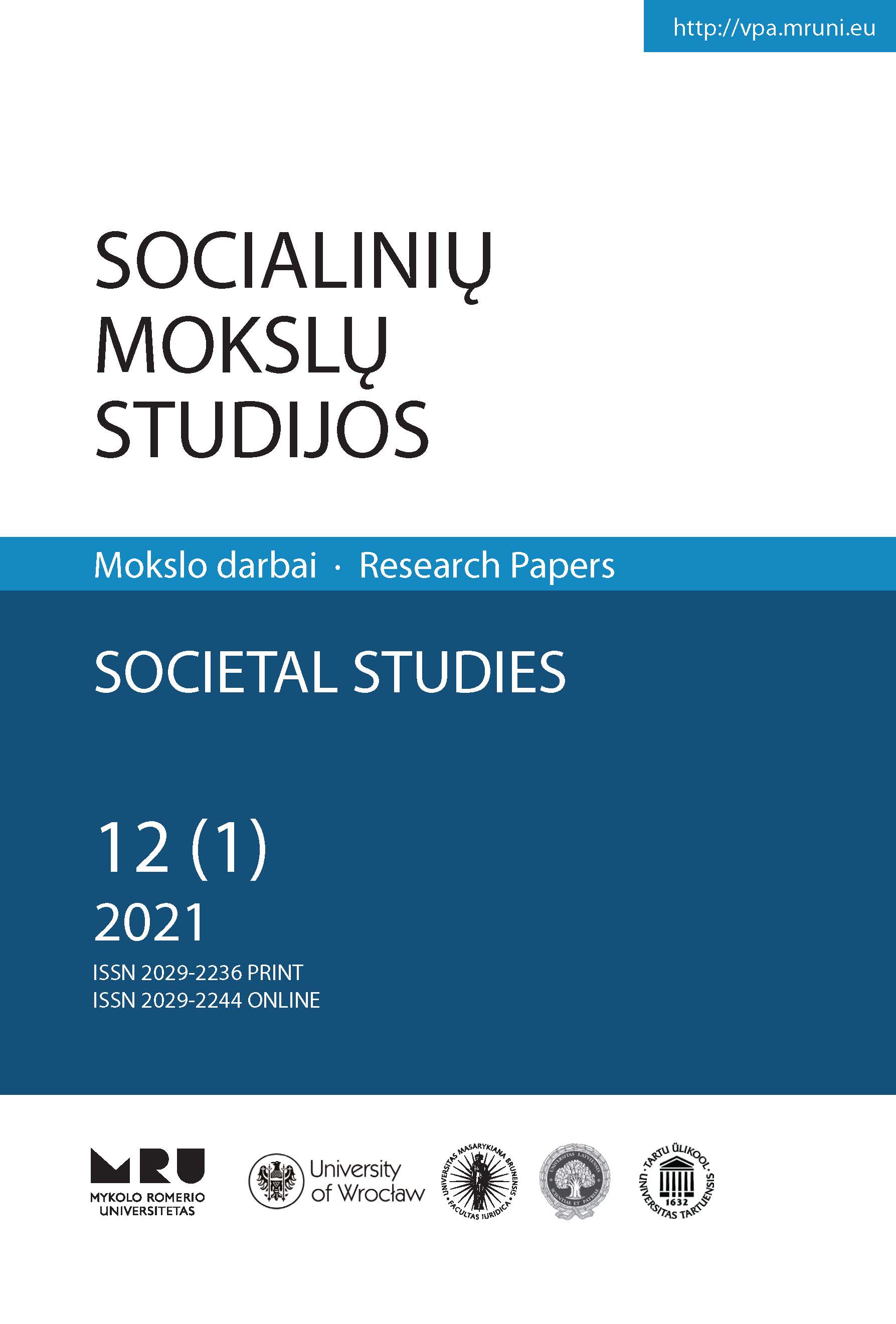ATVIROJI VISUOMENĖ IR ORGANIŠKOJI VALSTYBĖ
OPEN SOCIETY AND ORGANIC STATE
Author(s): Povilas AleksandravičiusSubject(s): History and theory of sociology, Social Theory, Sociology of Politics
Published by: Mykolas Romeris University
Keywords: Bergson; Popper; open society; organic state;
Summary/Abstract: In this paper, the concepts of open society and organic state are compared. A genesis of the emergence of the concept of open society is performed, and its foundational meanings, as drawn in the texts of Bergson and Popper, are highlighted. The conceptions of both creators of the concept are characterized by common features – striving to substantiate philosophically international cooperation, peace, democracy, social justice, and the necessity of the constant reform of institutions. However, the nature of this substantiation differs. In Popper’s mind, a rational dialogue is sufficient for this, and it is necessary to discuss the modalities of rationality itself. Contrary to certain opinions that are established in historiography, Bergson does not deny the necessity of rationality in the formation of open society, but seeks its deeper anthropological substantiation in the intuition of duration. In both cases, the conception of open society was created as a reaction to the problems and spirit of the time. Lithuanian thinkers reacted to the same problems and created the theory of organic state. Organic state, both from the perspective of its content and anthropological substantiation, structurally corresponds to the conception of open society of Popper and, especially, to that of Bergson.
Journal: Socialinių mokslų studijos
- Issue Year: 12/2021
- Issue No: 1
- Page Range: 8-28
- Page Count: 21
- Language: Lithuanian

